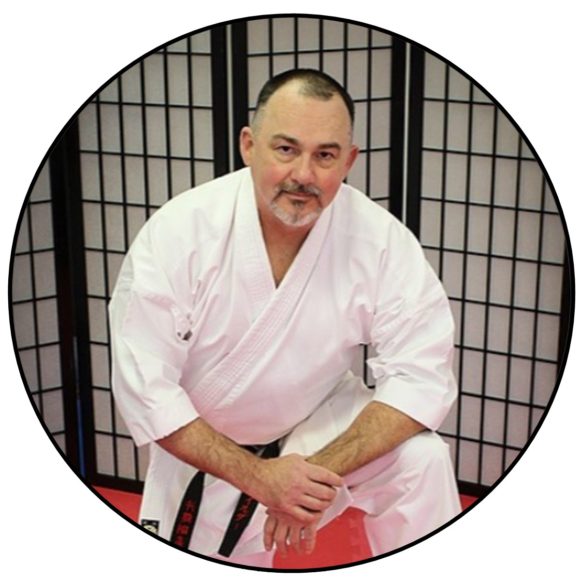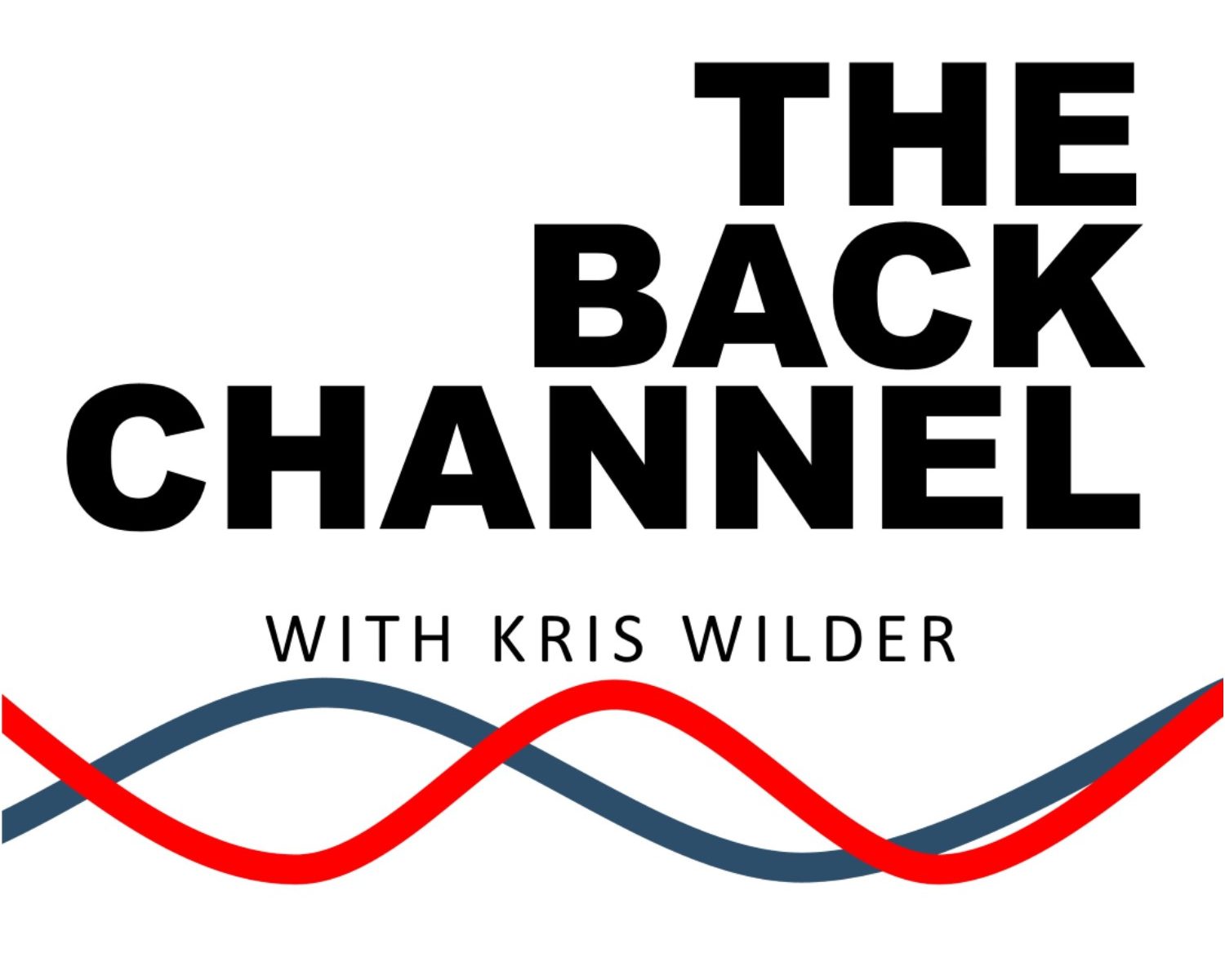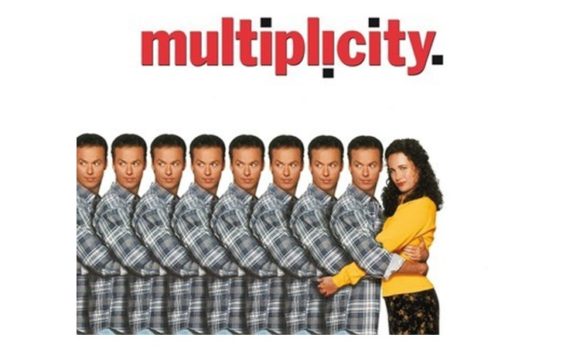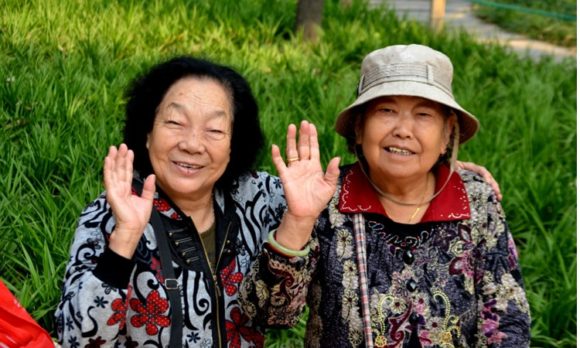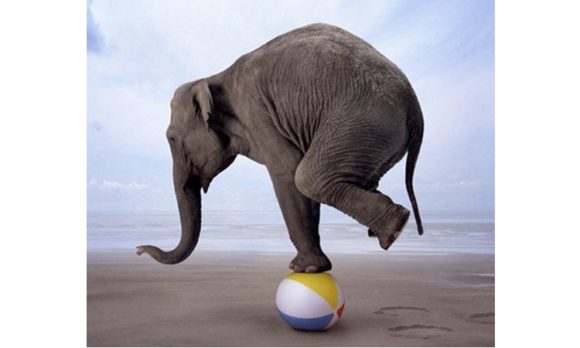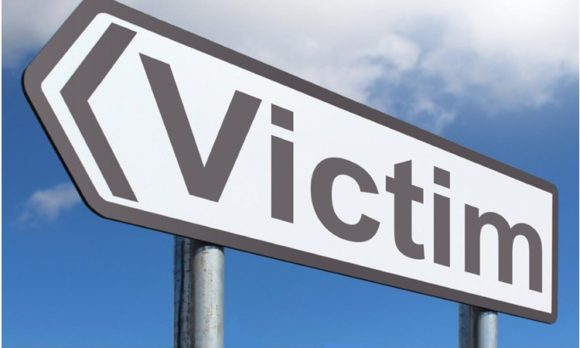
Two distinct roles in your life. One is the role of citizen the other resident. These two positions result in how you hold yourself in your community.
Resident v. Citizen
A resident is a person living in a place, that’s pretty much what they do they live in that place. Done. A citizen has rights and privileges a resident doesn’t have. A resident is not responsible, other than the laws, and a citizen is.

Here is an example. Walking out of the store I watched a young woman pull a candy bar from a wrapper. She then and throws the wrapper to the parking lot ground. She was born to citizenship. I assume, because if you are born in the United States you are a citizen, a leap on my part but there is my assumption.
Work is Required for One Distinct Role in Your Life.
Citizenship requires stewardship. It carries with it responsibilities, not just rights. But the behaviors are not mandated they are assumed and they are observed. You see being a good person is being a good citizen. I know that sounds trite, but it’s not, it’s not a cast-off statement, but a worked for and earned position. These are two distinct roles in your life.

It’s the same in life. You can do the minimum, you can be a resident of your body, of your mind and let your life drift. Or you can actively take on the challenge of being a citizen responsible to yourself, your family, and your community.
So, decide if you want to be a resident living in a place. Or you want to be a citizen one who is entitled to rights and privileges based on your allegiance to the community and all of the responsibilities that go with that role. These are two distinct roles in your life.
You may enjoy these links as well.
Let’s Connect
KRIS WILDER
Kris Wilder is a martial artist based in Seattle Washington. He has authored many martial art books, including the classic, The Way of Kata. Making no apologies for his obsession of Football he can be found telling any who will listen about the nuances of the Canadian Football League.
Podcast: Play in new window | Download
Subscribe: RSS


